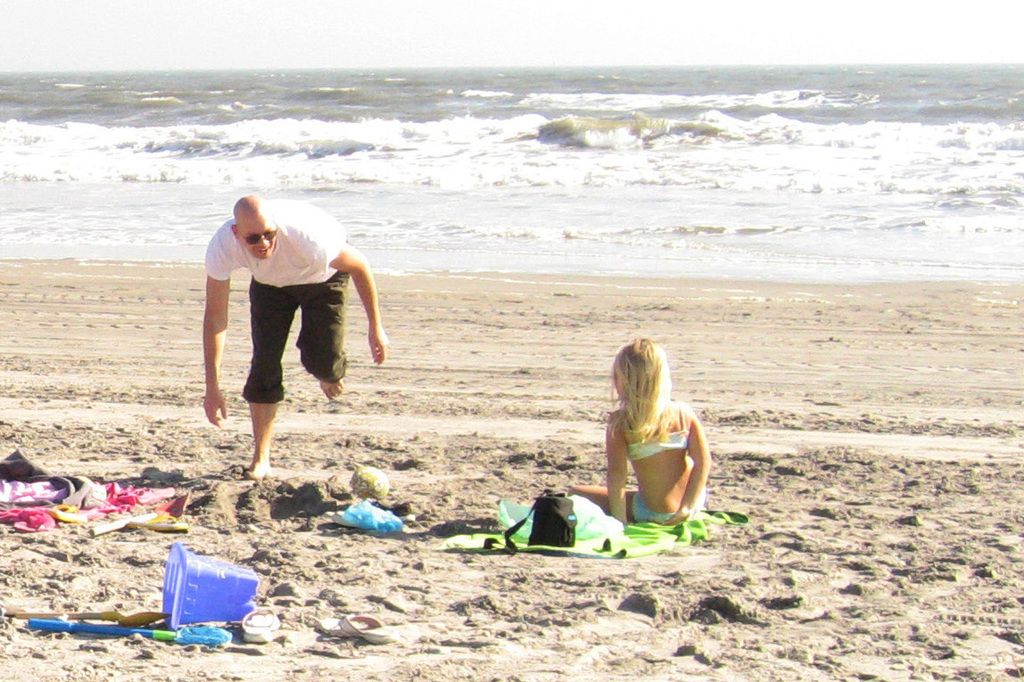Persistent Train Disruptions Plague Long-Distance Services: A Fernwehre Stalemate Near Bernau, Berlin
Persisting challenges in cross-country shipments remain unattended - Persisting disruption in distances remains unaddressed
Buckle up, folks, 'cause here's the scoop on those furious traffic jams on Germany's rails. Since late in the morning, there's been a standoff on long-distance train routes due to a messy situation near Bernau. Deutsche Bahn has been trying to tackle the problem, and they're warning that the fiesta won't wrap up until the wee hours of the night.
The cause? A raging inferno near a track in the Brandenburg district of Barnim, nestled close to Berlin. This blaze took a chunk out of some important cables. The specifics of what went down on Monday evening remain hazy.
The casualties? mainly the ICE line 21 (eastward bound to Ostseebad Binz and Berlin) along with select trains from line 15 (bound for Frankfurt am Main) and line 28 (en route to Munich). Deutsche Bahn spilled the beans, informing passengers that trains on the Berlin - Eberswalde - Pasewalk - Greifswald - Ostseebad Binz route will take a detour between Berlin and Stralsund, skipping stations in Bernau, Eberswalde, Angermünde, Prenzlau, Pasewalk, Anklam, Züssow, and Greifswald. Instead, Neustrelitz will serve as a pit stop.* Oh, and don't be surprised if your journey is delayed by up to 20 minutes.
- Transportation Mess
- Bernau
- Berlin
- Train Disruption
- Deutsche Bahn
- Cable Damage
- Fire
- Alternative Stops
- Delay
Given the ongoing train disruptions, Deutsche Bahn is suggesting an alternative for commuters seeking vocational training in smaller towns along the Berlin - Eberswalde - Pasewalk - Greifswald - Ostseebad Binz route. Neustrelitz may serve as a temporary hub due to the cable damage caused by the fire near Bernau, Berlin. Impacts on estimated travel times remain, with delays expected to last up to 20 minutes.
To mitigate potential industry and finance losses due to the current transportation situation, community policy discussions may focus on the provision of subsidies or alternative transportation options for those reliant on public-transit, such as vocational training facilities and automotive companies.
The public can play a crucial role by remaining informed about train disruptions and alternative transportation options, like buses or carpooling, in order to alleviate strain on both roadways and the industry at large.








